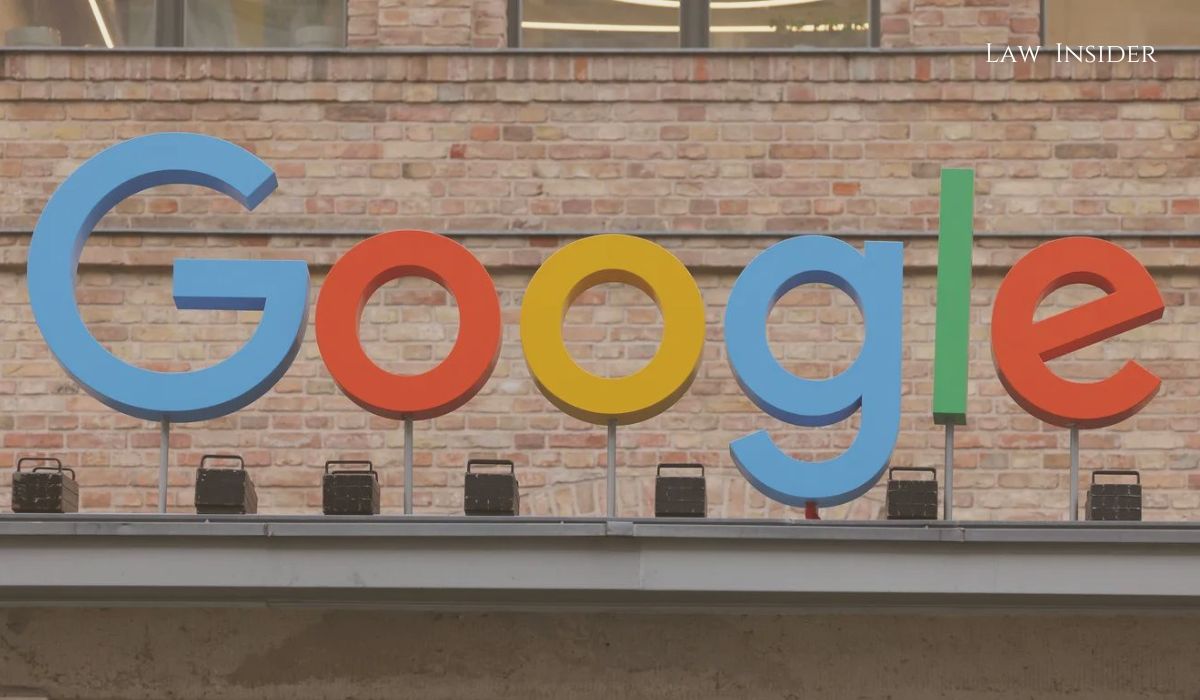Bhuvana Marni
Published on: October 21, 2022 at 19:16 IST
Google was fined Rs. 1337.76 crores by the Competition Commission of India (CCI/Commission) on Thursday for abusing its dominant position in a number of markets within the Android mobile device ecosystem.
In addition to the penalties, the CCI also ordered Google to stop engaging in anti-competitive behaviour and to change its behaviour within a certain period of time.
“The Commission has imposed monetary penalty as well as issued cease and desist order against Google from indulging in anti-competitive practices that have been found to be in contravention of the provisions of Section 4 of the Act,“ a press release issued by the CCI read.
Summary of Findings
- The entire Google Mobile Suite must be installed beforehand and cannot be uninstalled, which imposes unfair conditions on device manufacturers;
- Google utilized its dominant position in the online search industry to prevent competing search applications from accessing the market;
- Google took advantage of its dominant position in the Android OS app store market to defend its position in online general search;
- Google used YouTube to enter and defend its position in the online video hosting platform (OVHP) industry by using its strong position in the Android OS app store sector;
- Google, by making pre-installation of Google’s proprietary apps (notably Google Play Store) reduced the ability and incentive of device manufacturers to develop and sell devices operating on alternative versions of Android.
In respect to the licensing of the Android mobile operating system and numerous of Google’s mobile apps, including the Play Store, Google Search, Google Chrome, YouTube, etc., the Commission examined into a number of Google’s activities.
Throughout the inquiry, Google also argued against Apple’s competitive constraints.
The Commission investigated the variations in the two business models that impact the underlying incentives of business actions in order to assess the level of competition between Google’s Android ecosystem and Apple’s iOS ecosystem.
“Apple’s business is primarily based on a vertically integrated smart device ecosystem which focuses on the sale of high-end smart devices with state-of-the-art software components.”
“Whereas Google’s business was found to be driven by the ultimate intent of increasing users on its platforms so that they interact with its revenue-earning service i.e., an online search which directly affects the sale of online advertising services by Google,” the CCI press release explained.
The Commission determined Google to be dominant in all pertinent markets based on its evaluation.
The CCI continued by describing how several contracts defining the rights and responsibilities of smart device OEMs result Google a considerable competitive advantage.
For instance, the Anti-fragmentation Agreement (AFA) and the Android Compatibility Commitment Agreement (ACC) forbid original equipment manufacturers (OEMs) from marketing devices based on Android forks that are not under Google’s control.
This ensures that distribution channels for rivalling search services are completely eliminated.
The CCI discovered that Revenue Sharing Agreements (RSAs) further assisted Google in securing exclusive exclusivity for its search services against rivals.
The Commission found that Google’s prime objective in imposing a variety of restrictions on the agreements was to protect and strengthen its monopolistic power in general search services and, consequently, its search advertising income.
According to this view, markets should be permitted to compete on the basis of merit, and it is the dominant players’ responsibility to demonstrate that their actions do not impede this merit-based competition.
“By virtue of the agreements discussed above, Google ensured that users continue to use its search services on mobile devices which facilitated uninterrupted growth of advertisement revenue for Google.”
Therefore, it was concluded that Google’s actions amounted to an abuse of its dominant position and were in contravention of Section 4 of the Competition Act.
The Commission also indicated certain measures to Google which could aid in modifying its conduct. These include:
- OEMs shouldn’t be coerced into pre-installing a bouquet of applications or be restricted from deciding where to install them on their smart devices;
- A mandate to pre-install Google search services, Chrome, YouTube, Google Maps, or any other software is not permitted when licensing Play Store to OEMs;
- Google must not provide OEMs with any financial or other incentives in exchange for guaranteeing their access to its search services;
- moreover, Google shall not incentivize OEMs to refrain from marketing or selling smart devices based on Android forks.
- Google will not prevent customers from removing its pre-installed apps;
- Users will be able to select Google as their default search engine for all search entry points during the initial configuration of their devices. Users should have the flexibility to adjust to changing the default settings, and Google should permit app store developers to publish their apps through Play Store.
- Google should permit app store developers to publish their apps through the Play Store.
In the interest of justice and in an effort to ensure the quickest possible market correction, the Commission assessed a preliminary fine of Rs. 1337.76 crores on the basis of Google’s sales statistics and ordered the company 30 days to furnish the relevant financial details and supporting documentation.

